Tons of people hate going to the doctor, and hate the possibility of going into surgery even more. People often ask “What if it hurts?” or “What if I wake up while I’m under?” These are common fears that we have when we’re most vulnerable, despite the fact that doctors and surgeons are highly trained professionals. Hospitals are, for the most part, incredibly clean institutions, or at least cleaner than they’ve ever been.
However, this wasn’t true back in Victorian times. Though Victorians saw introductions to modern surgical advances like anesthetics and the concept of germs, surgery was a bleak and unforgiving practice before these developments. Unfortunately, many patients died from these “advancements.”
Many patients in surgery would bleed to death. Others would die of shock. Most had wounds which became infected, and subsequently died of fever.
Due to the lack of anesthesia, surgeons had to work fast. Amputation procedures sometimes lasted as little as 30 seconds.
A clean operating room had a death rate of 1 in 10. A dirty operating room had a 1 in 4 death rate. The correlation wasn’t discovered until later in the period.
Barbers often carried out basic surgical tasks, especially during war.
Leeches were used as common practice to remove blood before surgery.
The earliest surgical anesthetic was called Ether. It put the patient under, but also induced vomiting and was quite flammable. This was tricky, as operating rooms were lit by candlelight.
Amputated limbs were placed in sawdust to soak up the blood.
Only the poor stayed in hospitals. The wealthy would pay a doctor to attend to them at home.
Any limb with a fracture that pierced the skin had to be amputated.
Beds in hospitals were often too close together, causing needless spread of disease.
Many surgeons took pride in wearing their frock coats, still coated with blood.
Any internal surgery was out of the question because there wasn’t medicine yet to sufficiently combat infection.
Surgery was not even considered medicine. Physicians were seen as high class. Surgeons were on par with butchers.
If the patient had a wound that was bleeding profusely, it was cauterized with a hot iron or had boiling oil poured onto it.
I’m convinced that if needed to undergo surgery back then, I would have rather actively denied that I had a broken limb and just live my life in pain. Could you imagine getting a leg amputated for a fracture?
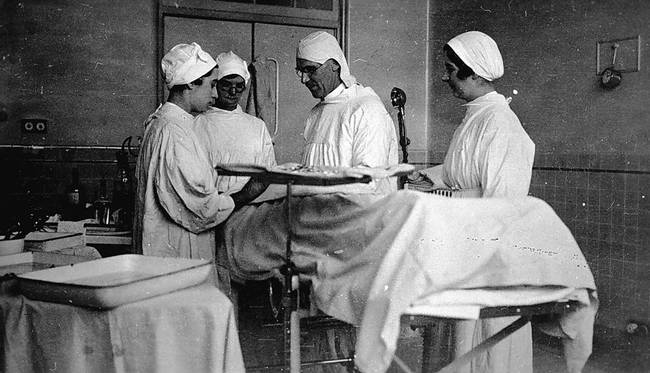 share
share
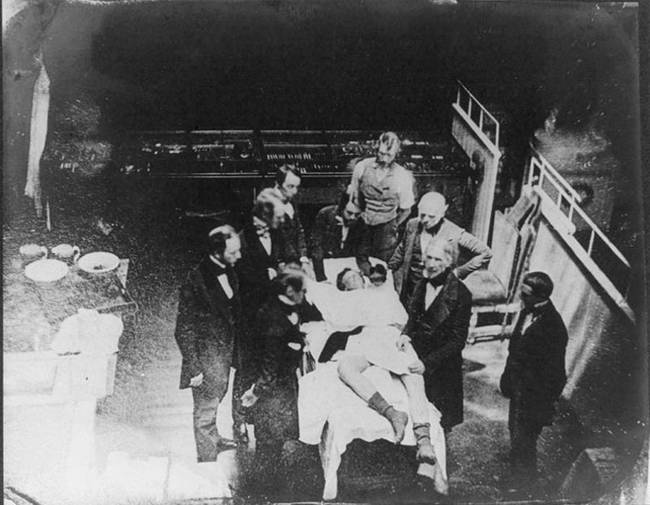 share
share
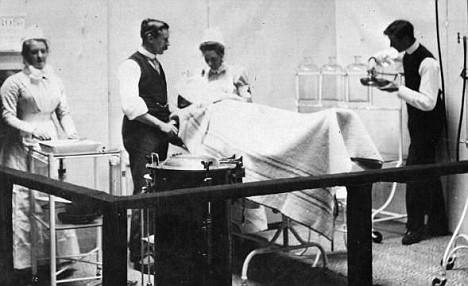 share
share
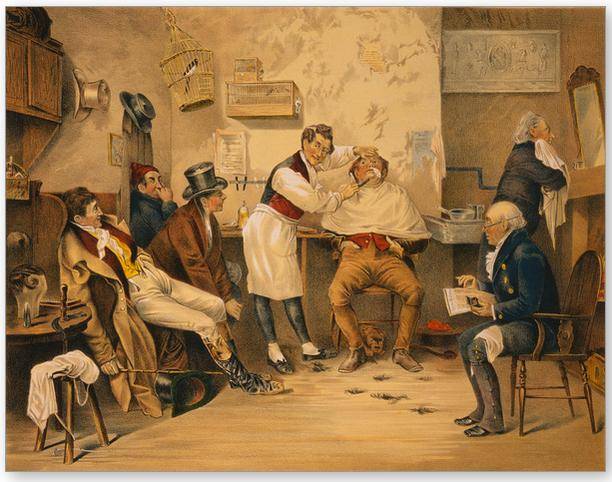 share
share
 share
share
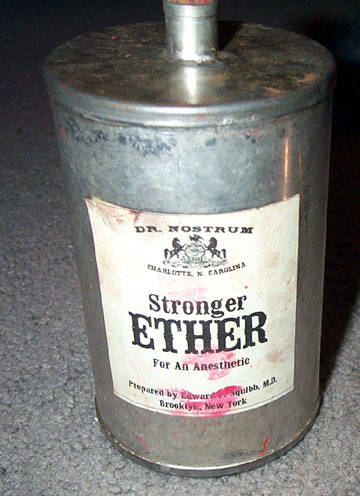 share
share
 share
share
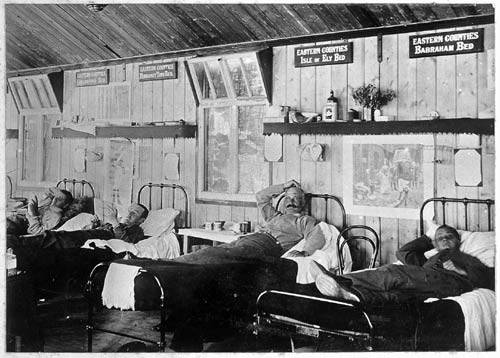 share
share
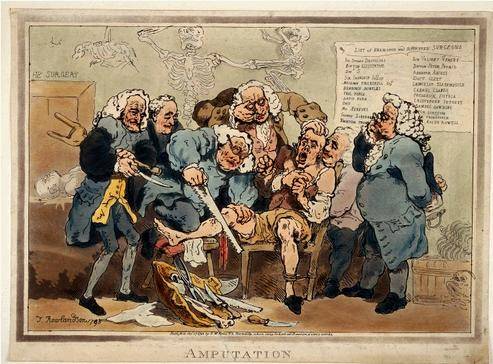 share
share
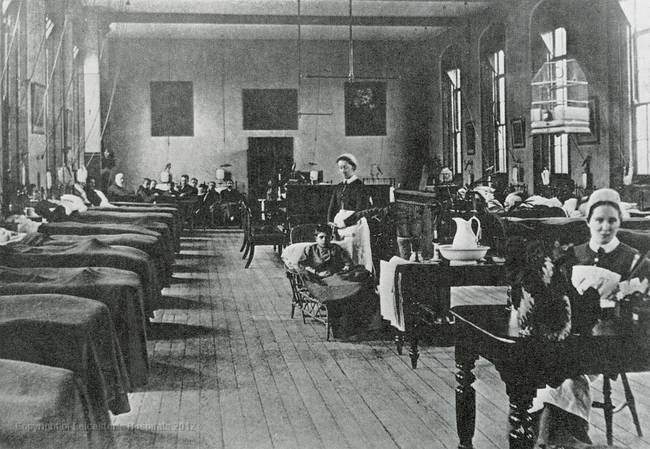 share
share
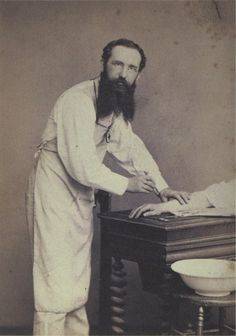 share
share
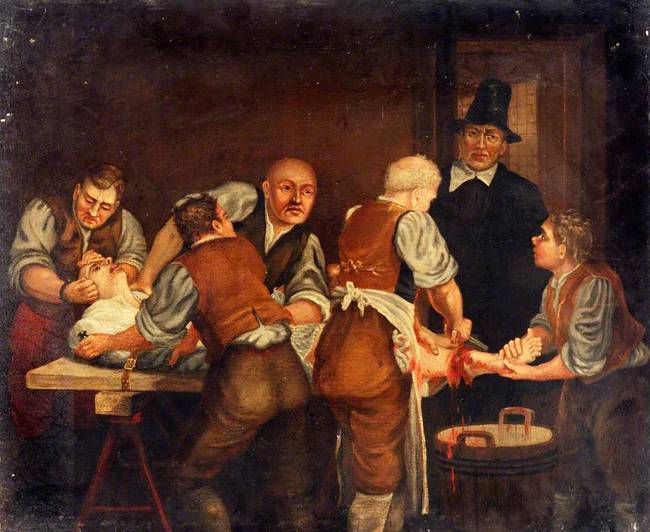 share
share
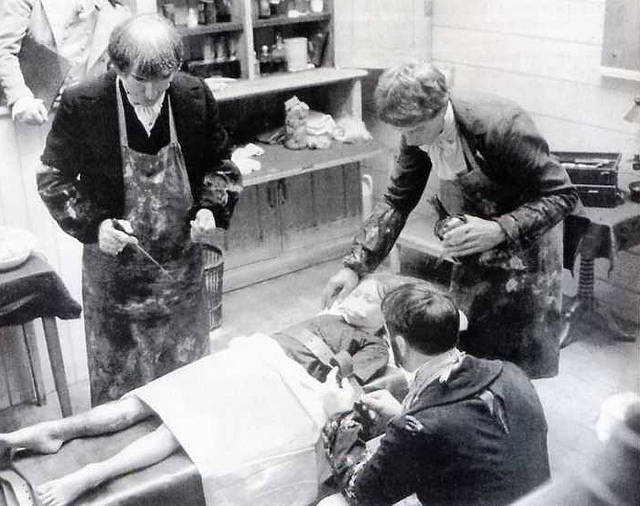 share
share
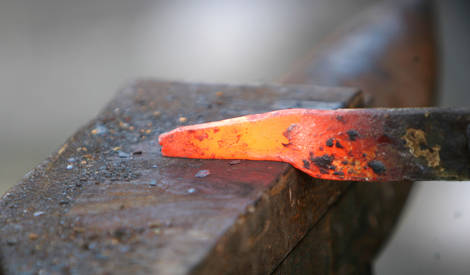 share
share



